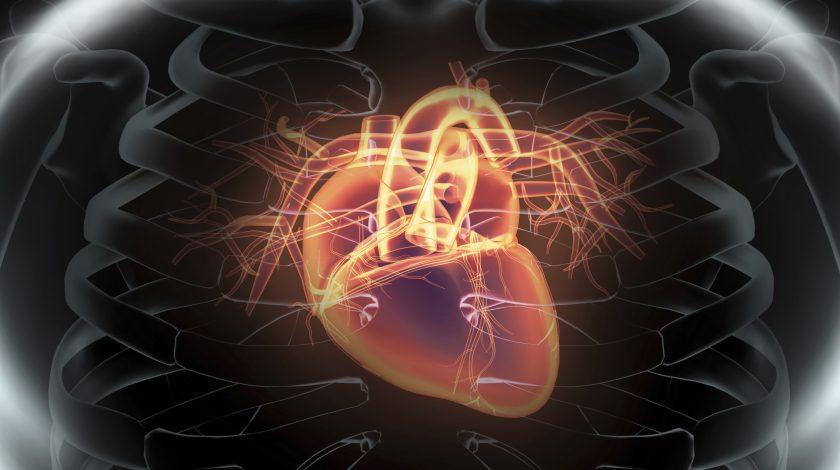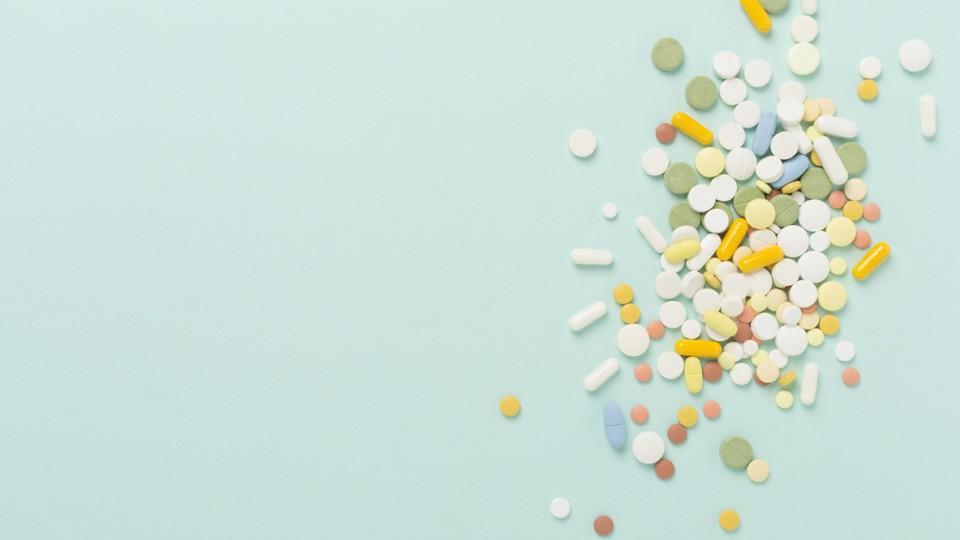Heart hope for Heartseed/Novo Nordisk HS-001 cell therapy

Heartseed Inc. and Novo Nordisk - in partnership since June 2021 - have announced that the first patient has been successfully dosed in a clinical study with HS-001, a cell therapy designed to restore heart function in people with advanced heart failure.
Consisting of clusters of purified heart muscle cells (cardiomyocyte spheroids) derived from induced pluripotent stem cells (iPSCs), designed to restore heart muscle and function, the clinical phase 1/2 LAPiS study is to enrol 10 patients with advanced heart failure caused by ischaemic heart disease in two dose cohorts of 50 million and 150 million cardiomyocytes.
Heart failure affects more than 65 million people globally. It is a chronic, progressive condition in which the heart muscle is unable to pump enough blood to meet the body’s need for blood and oxygen. This results in frequent hospitalisations.
The most common causes of heart failure are heart conditions, such as ischaemic heart disease, cardiomyopathy, and high blood pressure. Over 50% of those who are diagnosed with heart failure die within five years of diagnosis. It is an incurable condition and current therapies can slow, but not halt disease progression.
In several pre-clinical studies, iPSC-derived cardiomyocytes have been shown to improve heart function. The LAPiS study is a 52-week, phase 1/2, open-label, dose-escalation study conducted at various study sites in Japan. HS-001 is to be transplanted into the diseased tissue of the heart during open-heart surgery in conjunction with a planned coronary artery bypass graft procedure.
HS-001 consists of allogeneic iPSC-derived, highly purified ventricular cardiomyocyte spheroids. By forming micro-tissue-like spheroids, the retention rate and viability of the cell transplant have been improved in pre-clinical studies compared to single cell suspensions.
The spheroids are transplanted using a special administration needle and guide adapter developed for the administration of the spheroids into the myocardial layer of the heart. The expected mechanism of action is coupling of the transplanted cardiomyocytes to the patient’s myocardium, thereby improving cardiac output by remuscularisation, as well as secretion of angiogenic factors to form new blood vessels around the transplant site (neovascularisation).
The primary endpoint is safety at 26 weeks post-transplantation. An independent safety evaluation committee has assessed the LAPiS study four-week data on the first patient treated with HS-001, who lives with advanced heart failure, and has given approval for the study to continue. Secondary efficacy endpoints include left ventricular ejection fraction and myocardial wall motion.
Keiichi Fukuda, CEO of the 2015-founded Heartseed, said: “As a cardiologist, I have been working for many years to realise cardiac regeneration medicine in order to treat patients with heart failure whose heart function has deteriorated to the point where they are unable to live their daily lives. To achieve this goal, we established Heartseed.”
Jacob Sten Petersen, corporate vice president of cell therapy R&D at Novo Nordisk, commented: “Cell therapy holds the promise to offer truly disease-modifying treatments for people living with serious chronic disease. We are very pleased that our partners from Heartseed have begun clinical testing of this innovative approach to treating heart failure.”
Petersen added: “We aim to build on Heartseed’s pioneering work in Japan and hope to bring a transformative treatment to people living with heart failure across the globe.”
The announcement follows yesterday’s news that Eli Lilly and Boehringer Ingelheim's Jardiance and AstraZeneca's Forxiga have not been recommended for NHS use as a treatment for symptomatic chronic heart failure (CHF) with preserved or mildly reduced ejection fraction in new draft guidance.
And in December 2022 an FDA advisory committee voted against approval of Cytokinetics' cardiac myosin inhibitor omecamtiv mecarbil for heart failure, saying the data for the drug was not strong enough.












